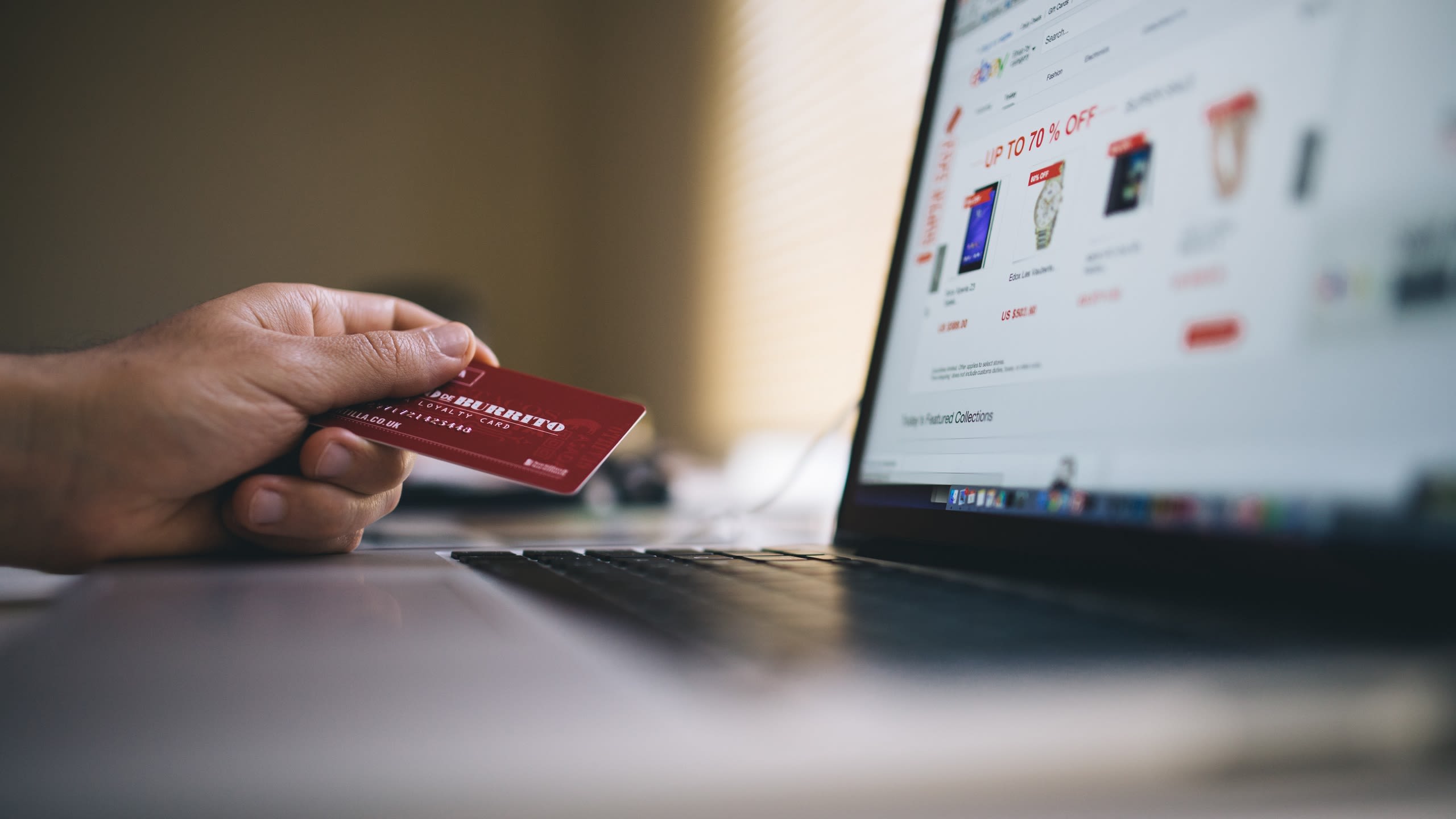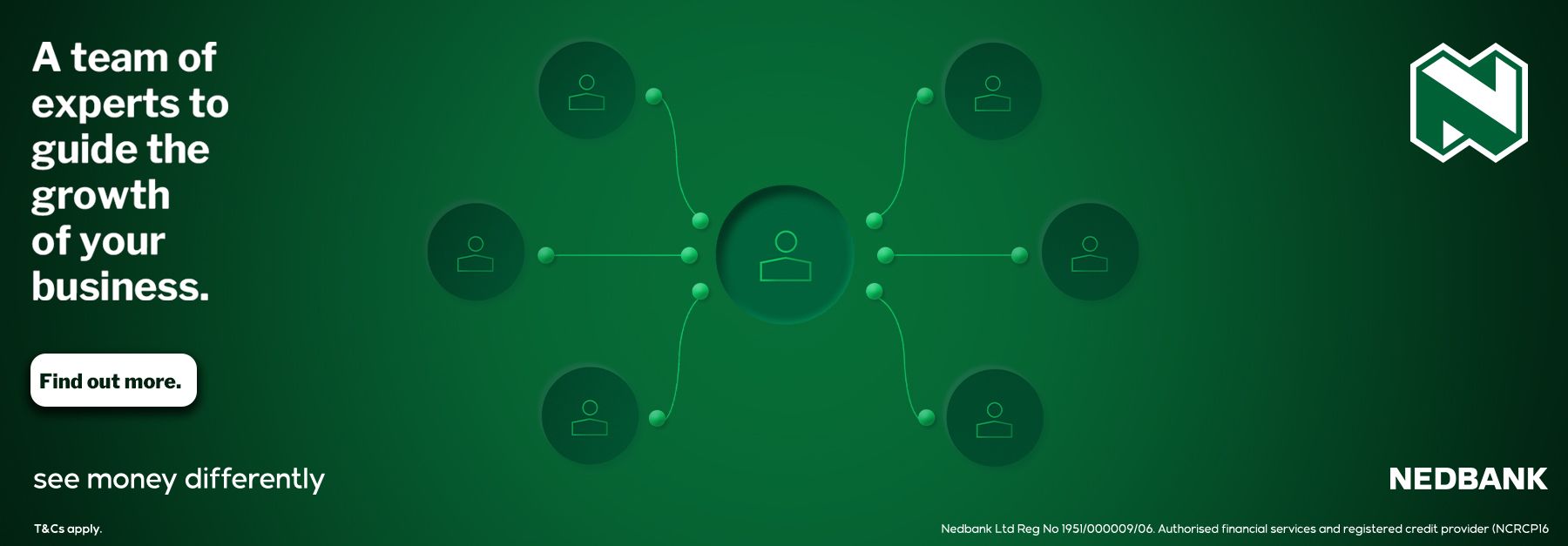E-commerce trends: Lifestyle shopping, athleisure and the rise of mobile

Mobile e-commerce and lifestyle sectors have benefitted immensely from the e-commerce boom brought on by global lockdowns.
In 2020, goods bought online globally grew by 24%, while stored-based sales declined by 7% as the world moved in and out of coronavirus-imposed lockdowns, reported Forbes. Locally, Mastercard data showed 52% of South Africans spent more money online than they had previously, while 76% learnt to do online banking.
Sectors that have benefitted the most from the great migration to all things online, digital and mobile have been those found in sectors such as lifestyle, PPE, groceries, and deliveries of essentials.
"The shift toward digitisation has created more opportunities across the e-commerce value chains for many businesses."
"We are seeing a realignment of value chains, which place a much bigger emphasis on business models that deliver on client preferences at their point of presence, with digital enablement as a key component."
In order to stay relevant, business should take note of the growth of certain lifestyle and essential sectors, while considering moving toward mobile e-commerce to meet customers where they are.
Lifestyle, athleisure and other trends

According to De Kock, most businesses are pivoting towards online delivery or pickup of their goods, through order-based systems.
In 2020, food and drink e-commerce, in particular, posted 53% growth – the highest of any product category, according to Forbes.
"Businesses that rely on revenue streams focused on lifestyle showed an increased demand over this period, such as outdoor sports, camping, home improvement, DIY, athleisure, such as online gym, and others. All of these sectors are really primed and geared for trade in the digital space at present."
The global athleisure market for instance is expected to grow at a compound annual growth rate of 5.58% between 2021 and 2026, due to rising health and fitness concerns, reported Yahoo Finance. The Sports Edit, one of Europe’s leading premium activewear e-tailers, reported its best-ever year, growing 145% in 2020, while the fashion resale sector in general also saw a massive rebirth, expected to grow at an annual growth rate of 39%, up from $7 billion in 2019 to an estimated $36 billion by 2024.
Similarly, employers and landlords have made massive investments in the workplace, or in residential setups to be PPE compliant, to allow for better, healthier working and living spaces.
"This also has tilted toward more e-commerce, be it business-to-business or business-to-consumer, capturing more customers outside traditional home bases. There is an increased demand for hygiene products, and interestingly an increase in demand for kitchen equipment and home-food deliveries, showing double digit growth."
All of these microtrends contribute to a much bigger emphasis on e-commerce. "It goes without saying, the imperative for every business owner is to take note of it."
The importance of mobile commerce

Contributing to the vast growth of these sectors is the vast growth in mobile commerce. Mobile commerce is the buying and selling of products and services through mobile devices, such as smartphones, tablets, e-readers or wearable tech.
Of all the shopping channels available to customers, mobile commerce is growing the fastest. According to Statista, mobile commerce is forecasted to have the biggest retail sales growth in the US alone - 12.2% - in 2021, beating traditional e-commerce websites and in-person shopping. Consumer mobile spend alone is expected to reach $270 billion by 2025, with 187.5 million people expected to shop via their smartphone by then, according Shopify.
Business should embrace this shopping trend for two reasons: first, a poor or bad shopping cart experience on a traditional website has shown to lead to high abandonment rates. According to Shopify, 57% of shoppers won't recommend a business if it has a poor online checkout experience, while half will stop visiting the website altogether.
Second, progressive web applications or curated mobile platforms are making it easier for businesses to cater to the needs of the consumer in this space. Native mobile apps can be expensive to develop and launch, but curated e-commerce platforms or progressive web apps - websites that have the form of a mobile application but still leverage a browser – provide better, faster mobile experiences. They do the heavy lifting for businesses while providing a mobile-friendly shopping experience for your customer.
Mobile apps in themselves are becoming the preferred choice of online shopping for new consumers. In 2019, 57% of US consumers used a mobile retail app to learn more about a product, while 85% prefer mobile apps to mobile websites. Mobile apps reduce the risk of bad shopping cart experiences, as everything can be processed with one-click purchases in-app. Customers can load and store their personal bank information in a safe, secured environment, are then able to make purchases with one click thereafter.
Businesses looking to move away from poor experiences of browser-based e-commerce websites should consider progressive web apps or curated mobile platforms to keep up with the consumer's changing preferences.
All-in-one platforms

One of these curated e-commerce platforms includes Nedbank’s super app called Avo. It is a curated e-commerce platform that has built-in functionality. It enables merchants to quickly and efficiently access an e-commerce value chain with relatively low investment – rather than building their own - and gives access to a built-in market of more than 450 000 customers in new geographies.
"Avo brings customers and businesses together, accurately matching their lifestyle needs to product and service offerings through powerful artificial intelligence, safe and secure payments, and bank-grade security," says de Kock.
The experience is positive for customers too, allowing them to purchase more than just one type of good in one place, catering for leisure, accommodation, products or services across a variety of industry categories.
De Kock believes that such platforms will help businesses pivot to the inevitable hybrid model required by consumers going forward – that of in-person shopping and online e-commerce.
"We will see a better balance in this hybrid model. Now that we’ve discovered that we can live, work, shop and buy in different ways very effectively, I don’t see us returning to the old way of selling and trading. The good thing about this very bad pandemic, is it has opened up new opportunities and different lifestyles for both businesses and customers."
To find out more about Nedbank's business banking products, visit here for more.



